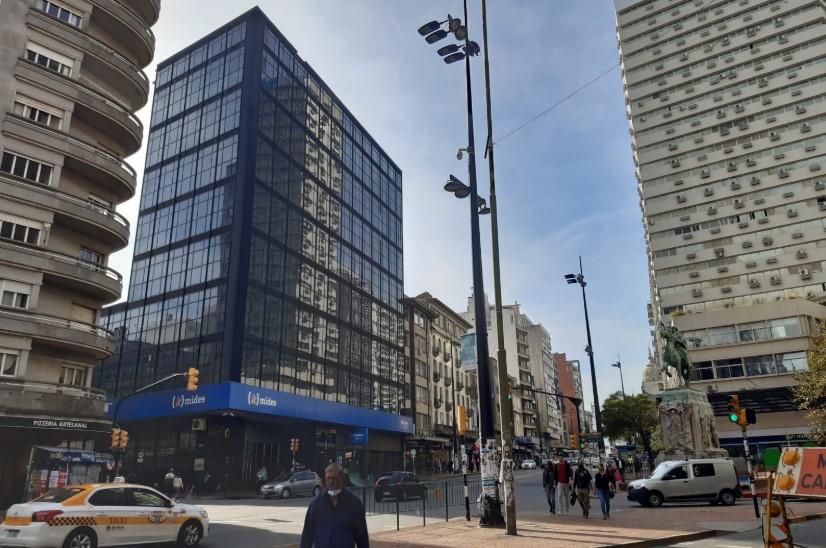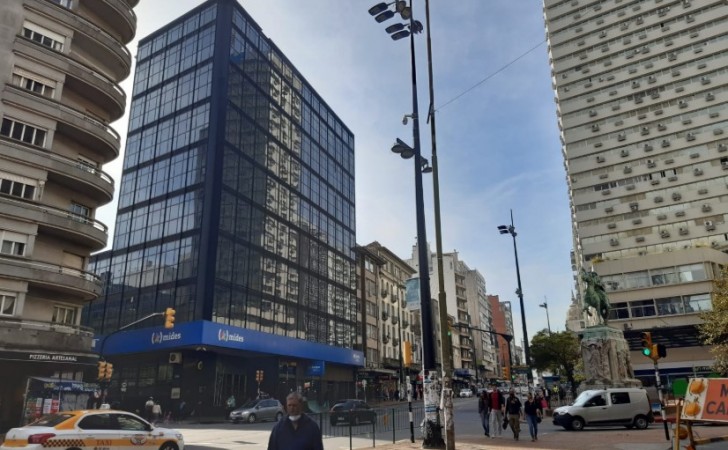
The Ministry of Social Development (Mides), through its National Directorate of Data Transfers and Analysis, issued a statement in which it notifies people who receive the Uruguay Social Card (TUS) that from now on it can only be used in businesses that are linked to the sale of basic necessities, such as food, personal hygiene and home cleaning.
“These changes will impact the selection and approval of the Solidarity Shops that work with the TUS, given the finding that the items of hundreds of adhered businesses do not apply to basic necessities,” says the statement.
The system will be redesigned in four stages, according to Mides. The first began with the review of all the businesses that are members of the Red de Comercios Solidarios, which number about 7,000. “Some 500 businesses have already been identified that do not fit into the new guidelines and will be terminated,” adds Mides.
These items are: party favors, veterinarians, electrical appliance and computer stores, hardware stores, spare parts and mechanical workshops, television services for subscribers and others.
Likewise, about 1,000 businesses were found that are under review due to not having a clear category classification or due to lack of information. “The regularization and removal of these businesses will be done gradually, respecting the conditions of the adhesion contracts and previously communicating the resolution to each business,” the statement continues.
In the second stage, the conditions for entering the Register of POS Provider Companies will be reviewed, which are the companies that provide the platforms of means of payment to businesses so that they can accept cards. The new conditions, says the Mides, will contemplate that the platforms can disable through the system the purchase of products not authorized by the Mides, such as alcohol, cigarettes, tobacco and others.
In a third instance, the ministry will seek agreements with suppliers to facilitate access to products related to early childhood that benefit the Crianza Bono, which aims to mitigate child poverty and reduce the severity of the magnitude of precarious conditions in deprived homes . It will be aimed at the nearly 30,000 poor households with children from 0 to 4 years old.
Finally, the Mides wants to strengthen the supervision tasks of Solidarity Shops.


















